About 80% of the world population relies on compounds derived from plants for medicines to treat various ailments, such as malaria and cancer, and to suppress pain. Our future medicines are likely to come from plants, but how effectively are we protecting these plants from extinction? We aren’t doing enough and we must do more!
#Medicine humans owe for our future survival will likely come from rainforests. Yet we aren’t effectively stopping #deforestation. Help forests and forest animals. Be #vegan and #Boycottpalmoil #Boycott4Wildlife
Tweet
80% of the world’s population relies on medicines from rainforests. As greedy companies destroy #Borneo, the #Congo and the #Amazon, the world edges ever closer to losing these medicines forever! #Boycottpalmoil #Boycott4Wildlife
Tweet
Written by Walter Suza, Adjunct Assistant Professor of Agronomy, Iowa State University. This article is republished from The Conversation under a Creative Commons license. Read the original article.
Walter Suza, Iowa State University
As fires continue to burn in the Amazon and land is cleared for agriculture, most of the concerns have focused on the drop in global oxygen production if swaths of the forests disappear. But I’m also worried about the loss of potential medicines that are plentiful in forests and have not yet been discovered. Plants and humans also share many genes, so it may be possible to test various medicines in plants, providing a new strategy for drug testing.
As a plant physiologist, I am interested in plant biodiversity because of the potential to develop more resilient and nutritious crops. I am also interested in plant biodiversity because of its contribution to human health. About 80% of the world population relies on compounds derived from plants for medicines to treat various ailments, such as malaria and cancer, and to suppress pain.
Future medicines may come from plants
One of the greatest challenges in fighting diseases is the emergence of drug resistance that renders treatment ineffective. Physicians have observed drug resistance in the fight against malaria, cancer, tuberculosis and fungal infections. It is likely that drug resistance will emerge with other diseases, forcing researchers to find new medicines.
Plants are a rich source of new and diverse compounds that may prove to have medicinal properties or serve as building blocks for new drugs. And, as tropical rainforests are the largest reservoir of diverse species of plants, preserving biodiversity in tropical forests is important to ensure the supply of medicines of the future.
Plants and new cholesterol-lowering medicines
The goal of my own research is to understand how plants control the production of biochemical compounds called sterols. Humans produce one sterol, called cholesterol, which has functions including formation of testosterone and progesterone – hormones essential for normal body function. By contrast, plants produce a diverse array of sterols, including sitosterol, stigmasterol, campesterol, and cholesterol. These sterols are used for plant growth and defense against stress but also serve as precursors to medicinal compounds such as those found in the Indian Ayurvedic medicinal plant, ashwagandha.
Mel Lumby: The beautiful begonias of Borneo and beyond deserve our love and protection
Begonias, along with orangutans and many other rainforest inhabitants are in danger now. Will these precious jewels of the jungle be located by scientists, described, eventually named and shared, so that people can love and…
Read moreHumans produce cholesterol through a string of genes, and some of these genes produce proteins that are the target of medicines for treating high cholesterol. Plants also use this collection of genes to make their sterols. In fact, the sterol production systems in plants and humans are so similar that medicines used to treat high cholesterol in people also block sterol production in plant cells.
I am fascinated by the similarities between how humans and plants manufacture sterols, because identifying new medicines that block sterol production in plants might lead to medicines to treat high cholesterol in humans.
New medicines for chronic and pandemic diseases
An example of a gene with medical implications that is present in both plants and humans is NPC1, which controls the transport of cholesterol. However, the protein made by the NPC1 gene is also the doorway through which the Ebola virus infects cells. Since plants contain NPC1 genes, they represent potential systems for developing and testing new medicines to block Ebola.
This will involve identifying new chemical compounds that interfere with plant NPC1. This can be done by extracting chemical compounds from plants and testing whether they can effectively prevent the Ebola virus from infecting cells.
There are many conditions that might benefit from plant research, including high cholesterol, cancer and even infectious diseases such as Ebola, all of which have significant global impact. To treat high cholesterol, medicines called statins are used. Statins may also help to fight cancer. However, not all patients tolerate statins, which means that alternative therapies must be developed.

Tropical rainforests are medicine reservoirs
The need for new medicines to combat heart disease and cancer is dire. A rich and diverse source of chemicals can be found in natural plant products. With knowledge of genes and enzymes that make medicinal compounds in native plant species, scientists can apply genetic engineering approaches to increase their production in a sustainable manner.
Tropical rainforests house vast biodiversity of plants, but this diversity faces significant threat from human activity.
To help students in my genetics and biotechnology class appreciate the value of plants in medical research, I refer to findings from my research on plant sterols. My goal is to help them recognize that many cellular processes are similar between plants and humans. My hope is that, by learning that plants and animals share similar genes and metabolic pathways with health implications, my students will value plants as a source of medicines and become advocates for preservation of plant biodiversity.
Walter Suza, Adjunct Assistant Professor of Agronomy, Iowa State University
This article is republished from The Conversation under a Creative Commons license. Read the original article.
Written by Walter Suza, Adjunct Assistant Professor of Agronomy, Iowa State University. This article is republished from The Conversation under a Creative Commons license. Read the original article.
ENDS
Read more about RSPO greenwashing
Big brands using “sustainable” RSPO palm oil yet still causing deforestation (there are many others)
Colgate-Palmolive
Despite global retail giant Colgate-Palmolive forming a coalition with other brands in 2020, virtue-signalling that they will stop all deforestation, they continue to do this – destroying rainforest and releasing mega-tonnes of carbon…
Read moreProcter & Gamble
Despite decades of promises to end deforestation for palm oil Procter & Gamble or (P&G as they are also known) have continued sourcing palm oil that causes ecocide, indigenous landgrabbing, and the habitat…
Read moreKelloggs/Kellanova
In late 2023, Kelloggs became Kellanova for their US arm. Savvy consumers have been pressuring Kelloggs for decades to cease using deforestation palm oil. Yet they actually haven’t stopped this. From their website:…
Read moreJohnson & Johnson
Global mega-brand Johnson & Johnson have issued a position statement on palm oil in 2020. ‘At Johnson & Johnson, we are committed to doing our part to address the unsustainable rate of global…
Read morePZ Cussons
PZ Cussons is a British-owned global retail giant. They own well-known supermarket brands in personal care, cleaning, household goods and toiletries categories, such as Imperial Leather, Morning Fresh, Carex, Radiant laundry powder and…
Read moreContribute in five ways
1. Join the #Boycott4Wildlife on social media and subscribe to stay in the loop: Share posts from this website to your own network on Twitter, Mastadon, Instagram, Facebook and Youtube using the hashtags #Boycottpalmoil #Boycott4Wildlife.
2. Contribute stories: Academics, conservationists, scientists, indigenous rights advocates and animal rights advocates working to expose the corruption of the palm oil industry or to save animals can contribute stories to the website.
3. Supermarket sleuthing: Next time you’re in the supermarket, take photos of products containing palm oil. Share these to social media along with the hashtags to call out the greenwashing and ecocide of the brands who use palm oil. You can also take photos of palm oil free products and congratulate brands when they go palm oil free.
4. Take to the streets: Get in touch with Palm Oil Detectives to find out more.
5. Donate: Make a one-off or monthly donation to Palm Oil Detectives as a way of saying thank you and to help pay for ongoing running costs of the website and social media campaigns. Donate here



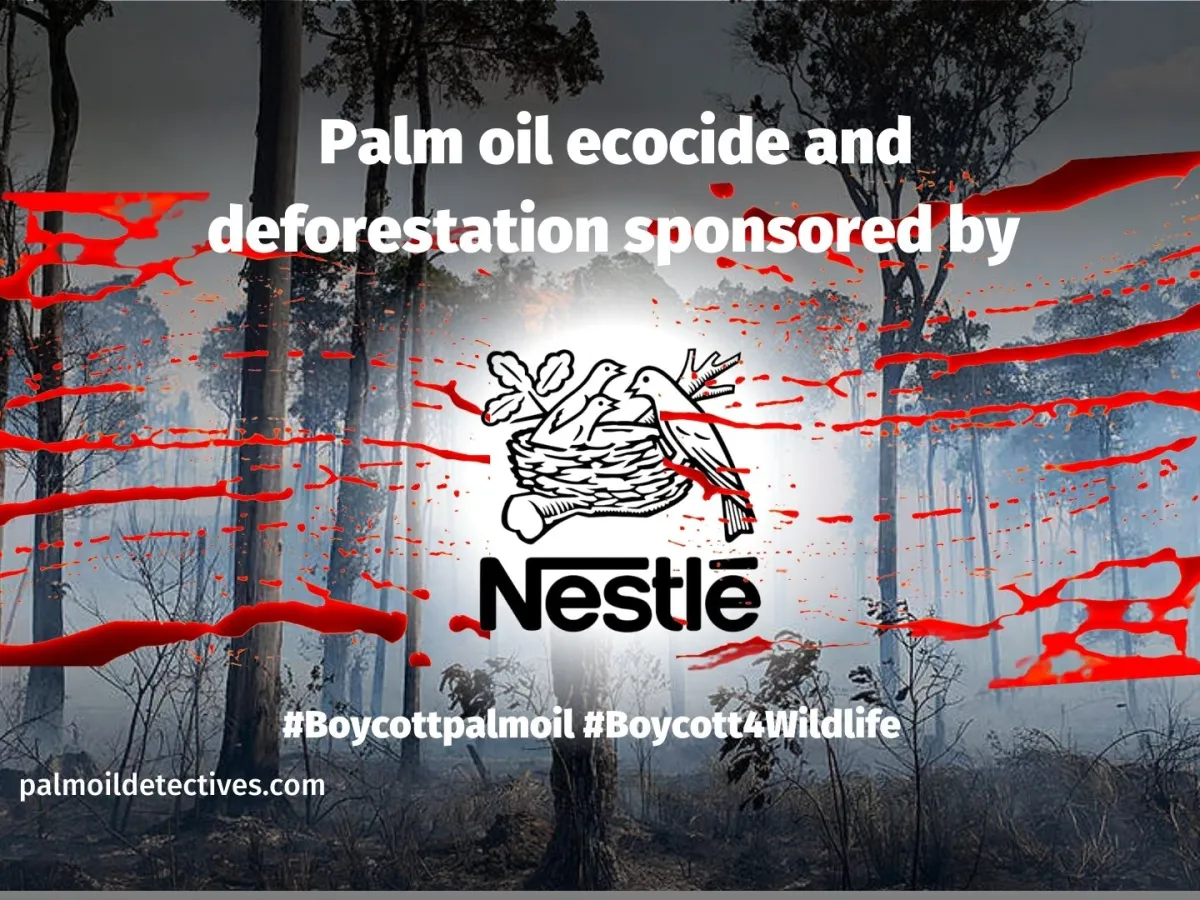
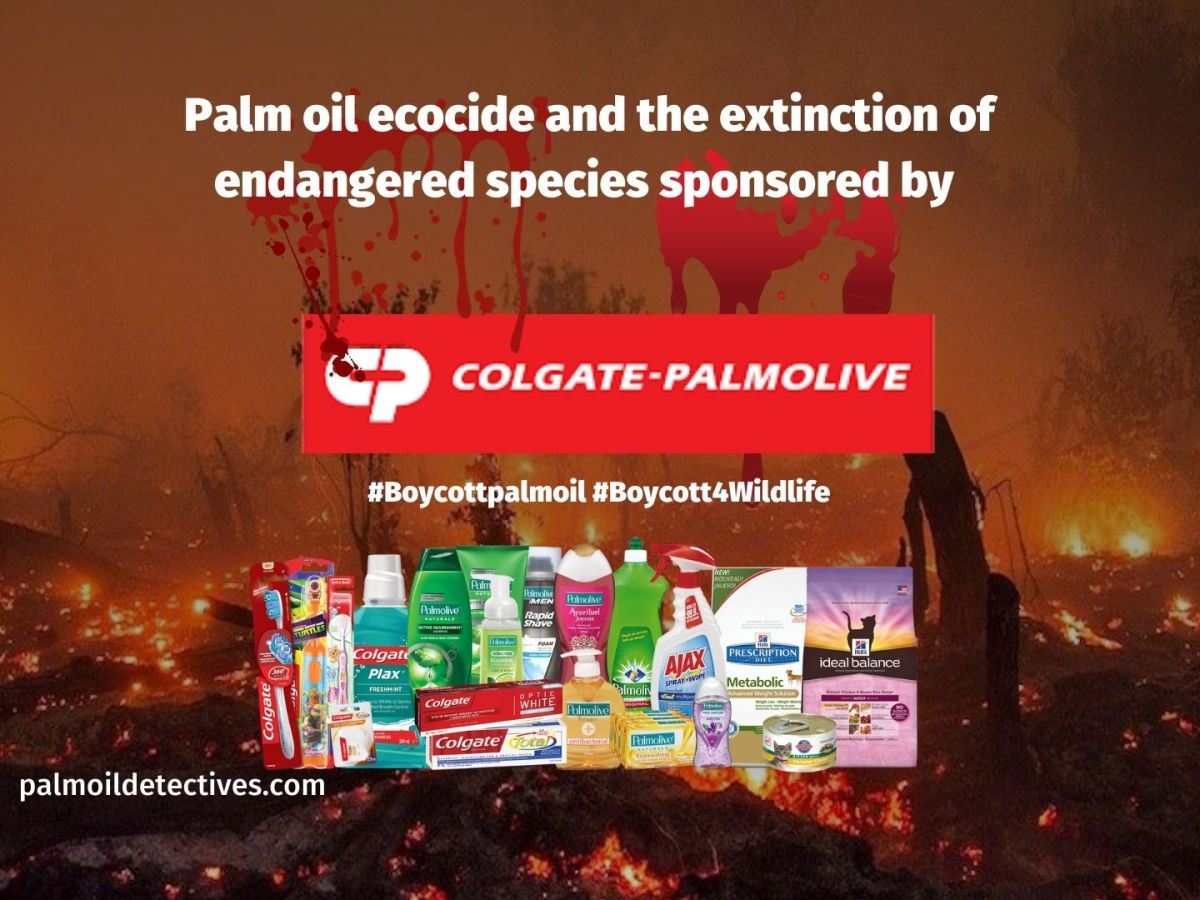
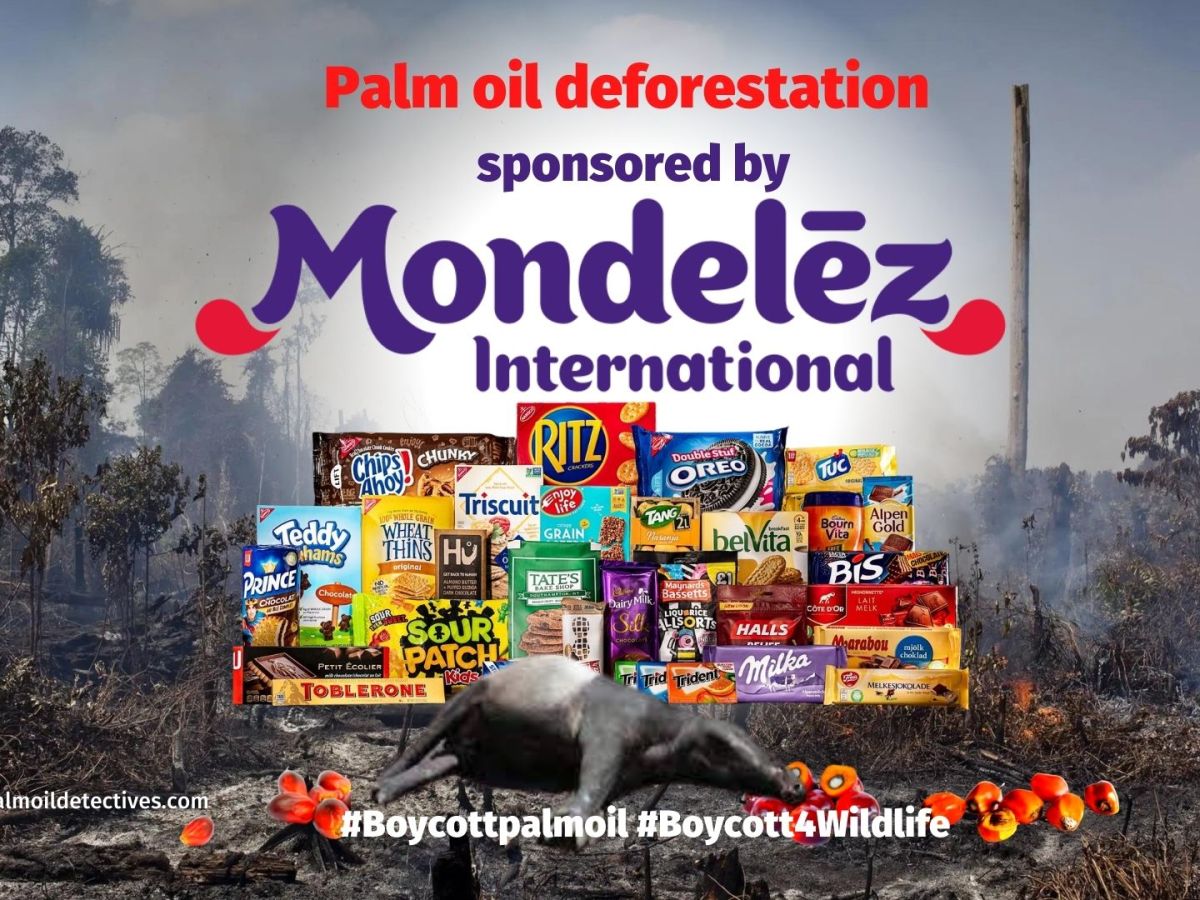
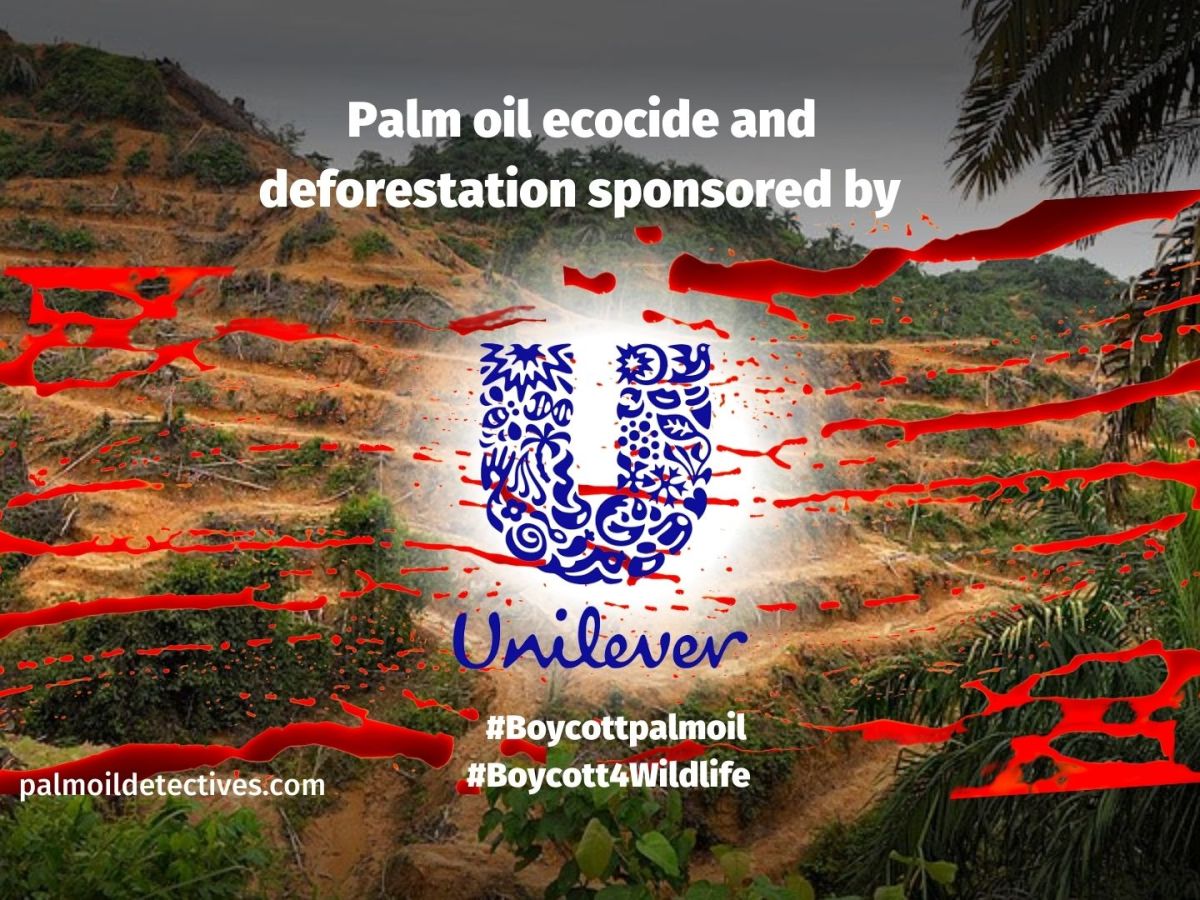

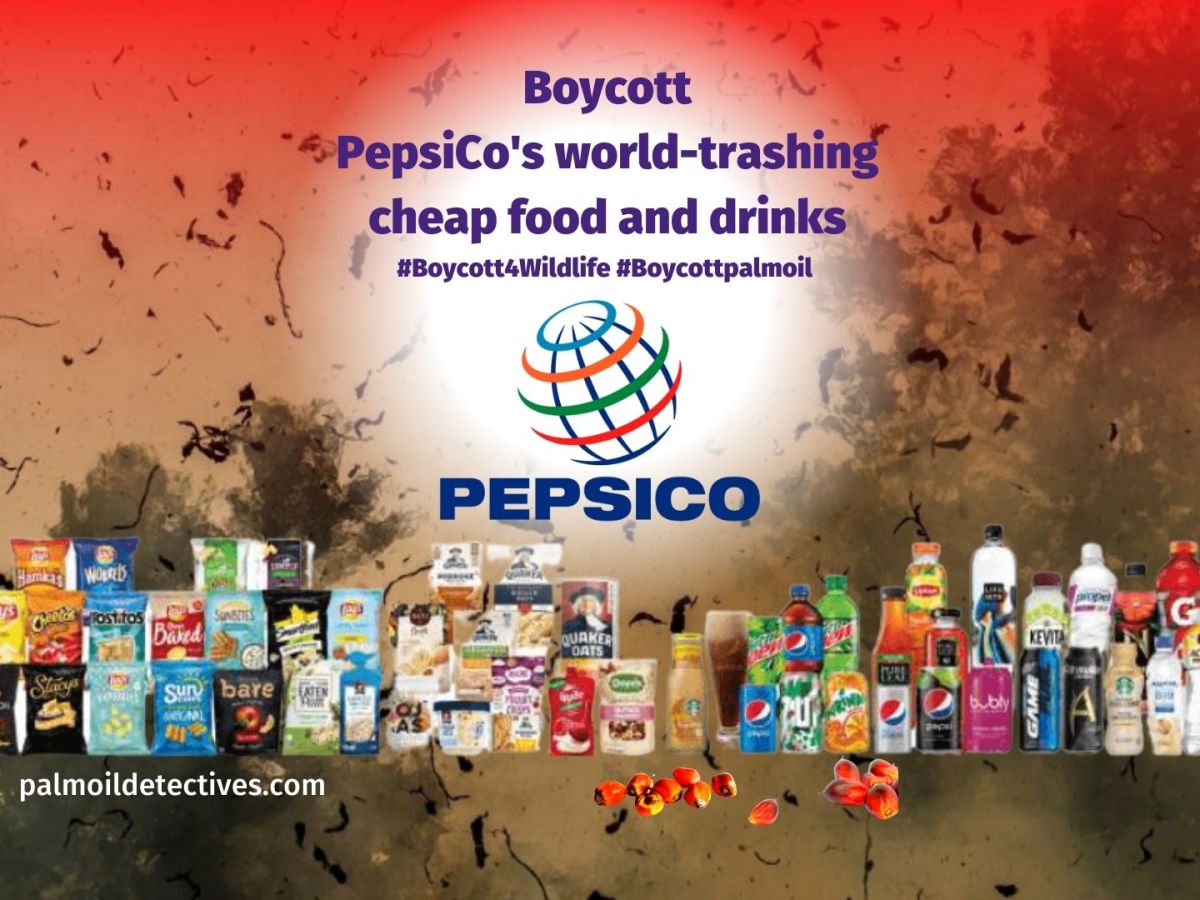
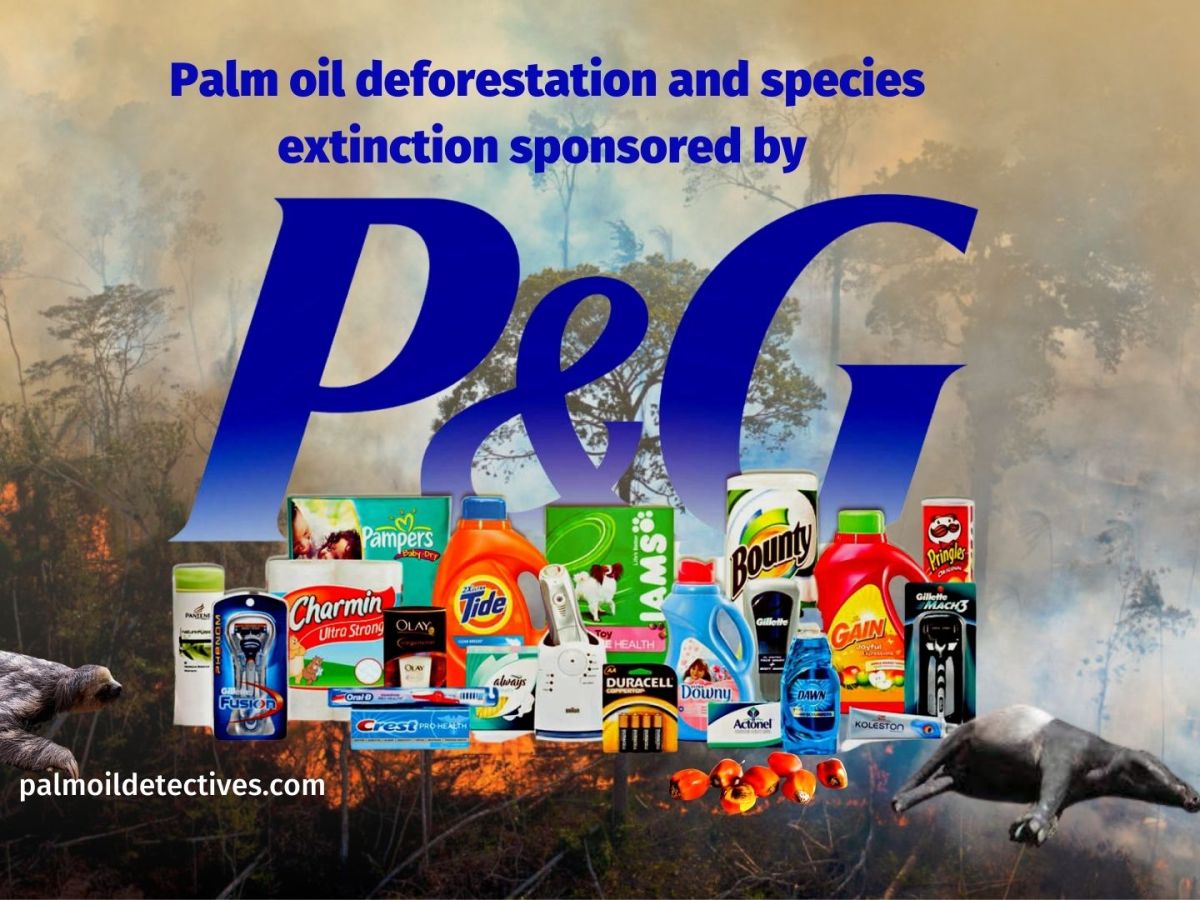
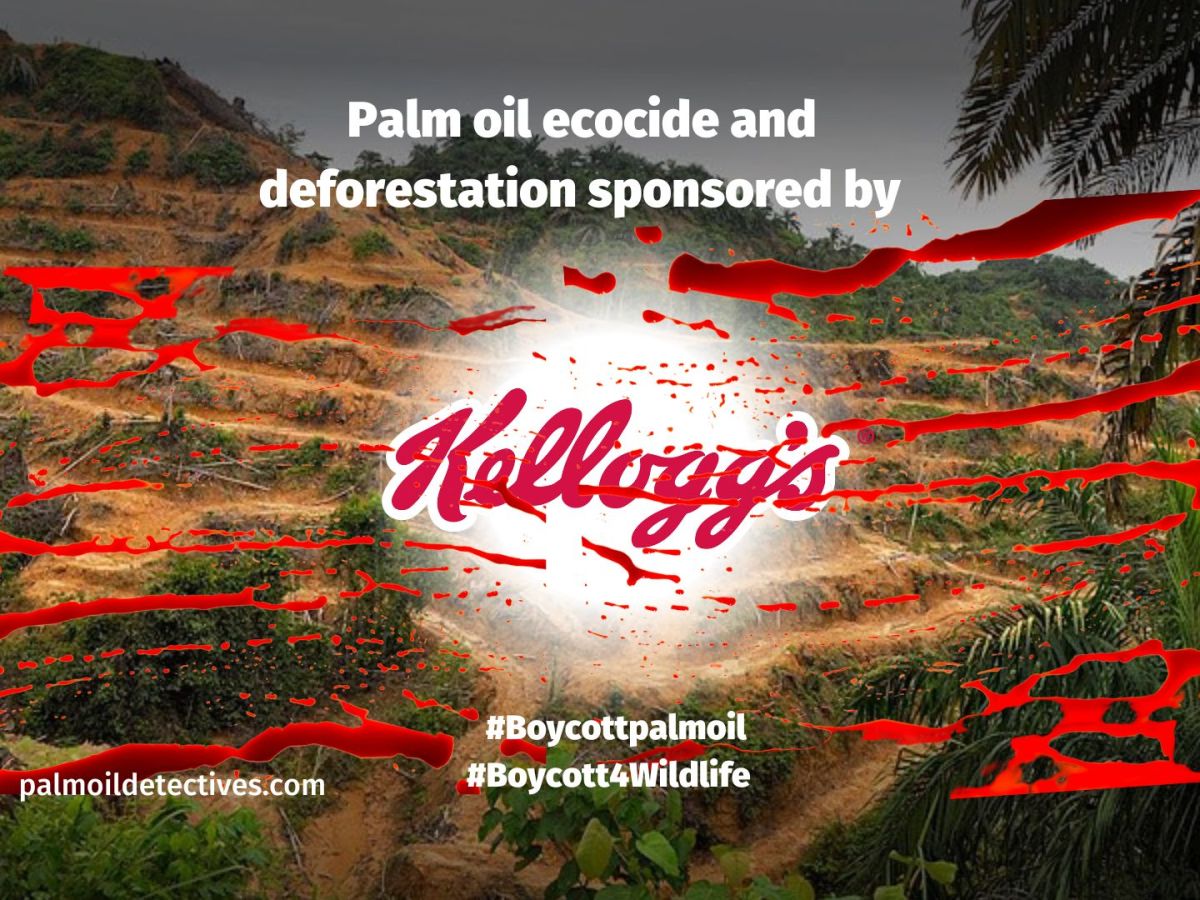
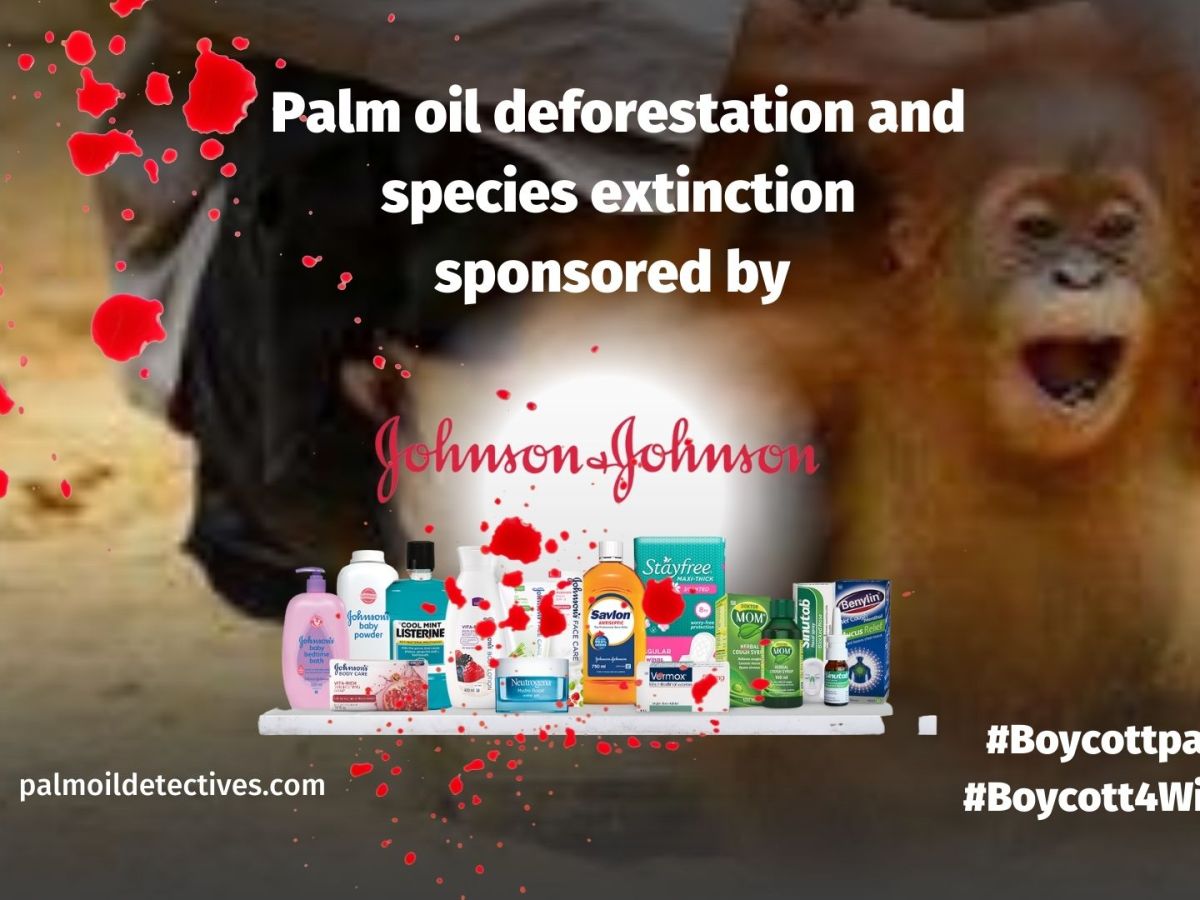
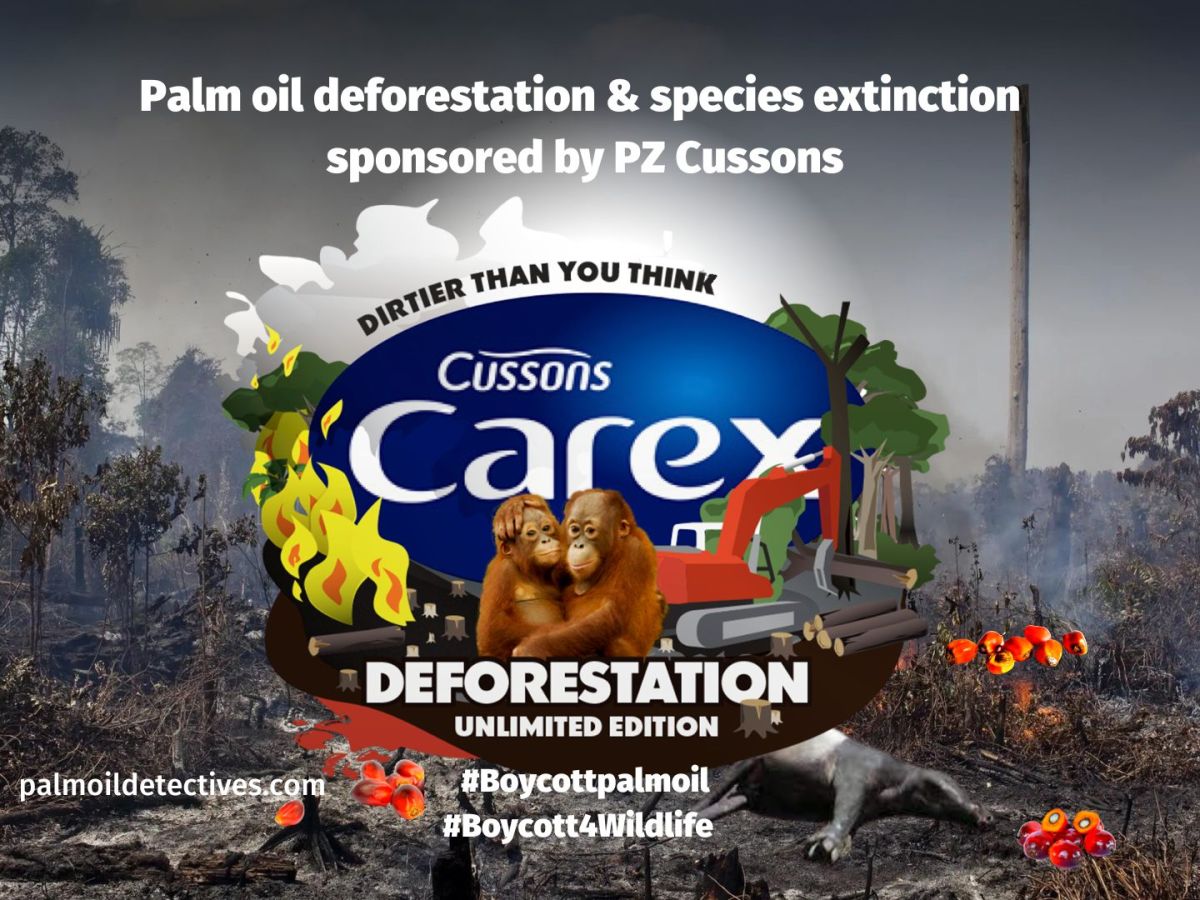






True as this may be, forests are more than our “drug store.” The destruction of forests increases the development and spread of diseases that endanger all mammals.
LikeLiked by 1 person
This is very true Ned. There is an urgent need to see all life as not merely “resources” to be exploited by industries and by economic greed from the top down. I fully agree…this article from The Conversation is a way to make people realise – who may not care so much about the lives of other-than-human beings, about the value that rainforests have when left alone to thrive. Thank you so much for your comment my friend
LikeLiked by 1 person
Please for the sake of Earth, don’t!
LikeLiked by 1 person
Thank you for the comment Rajat appreciate it
LikeLike